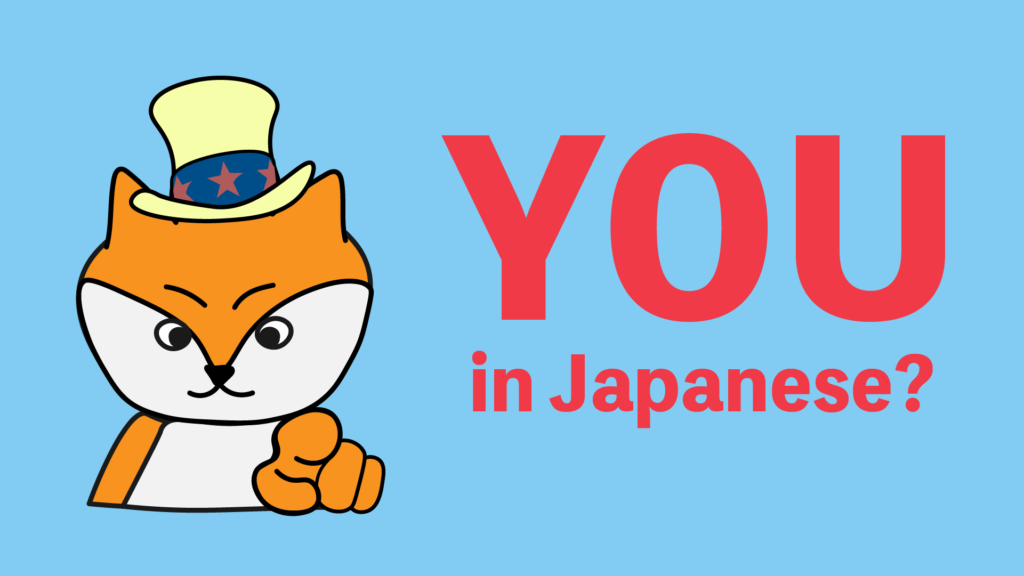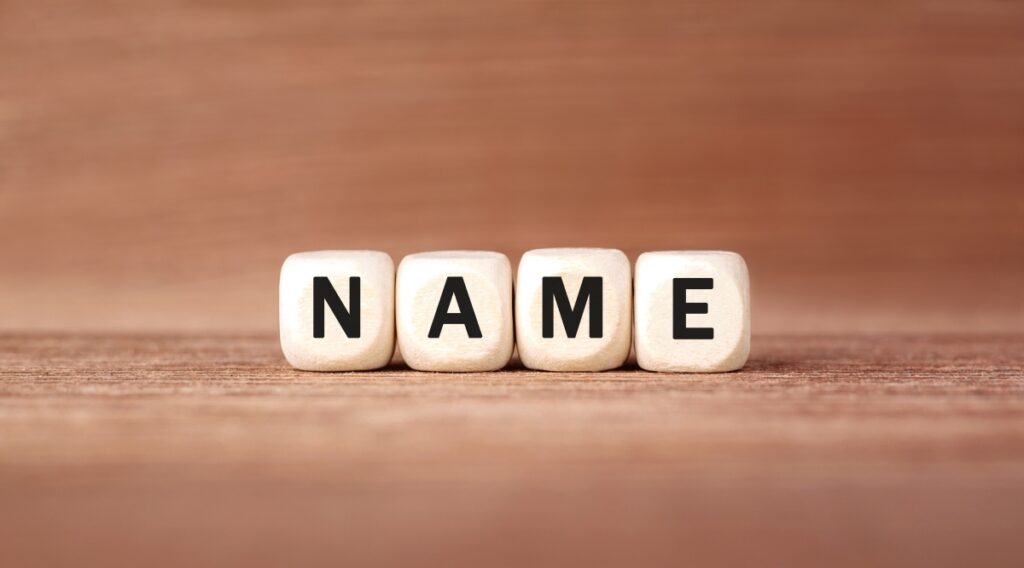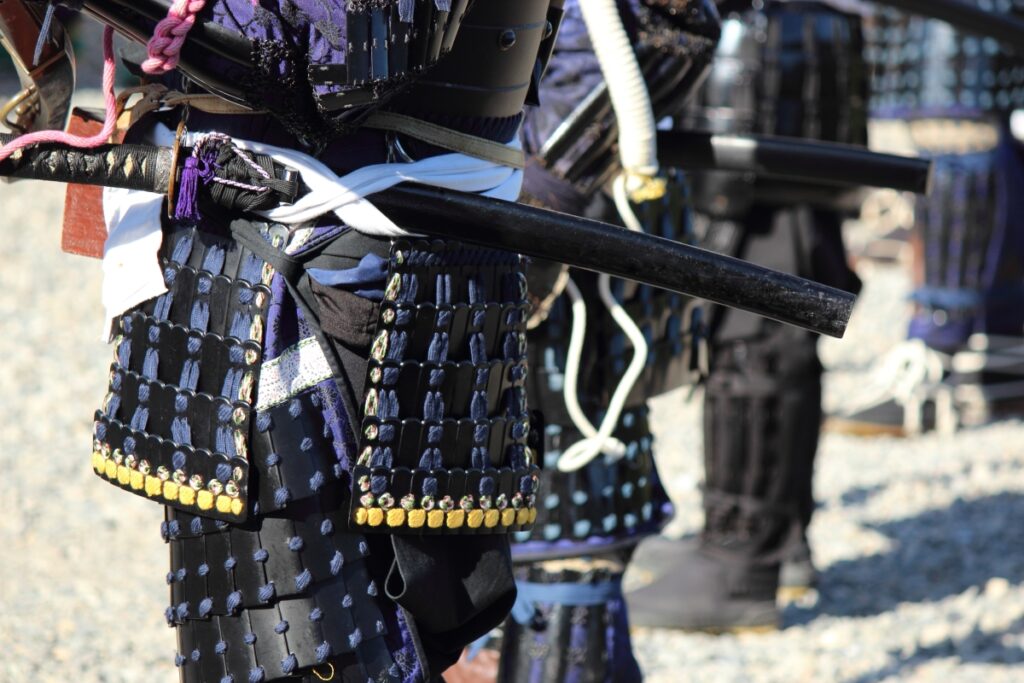“You” in Japanese: anata doesn’t always work!
Have you been taught that anata is “you” in Japanese? Japanese learners often make the mistake of using anata for every situation. Unfortunately, this might be offensive if used in the wrong context!

The word “you” seems simple but it’s not easy to translate into Japanese. In Japanese, there are a huge number of ways to say “you”. It’s important to know when to use each one!
“you” in Japanese vs. English
Before we take a look at all of the possibilities with saying “you”, let’s look at how this concept is different in Japanese and English.
In English, it’s grammatically necessary to add the word “you”. For example, “can you go to the store?” would be “can go to the store?” without “you”. This makes no sense in English!
Now let’s look at Japanese. The sentence “can you go to the store?” would be お店に行ってくれる?(omise ni itte kureru). There isn’t a single pronoun or name in the sentence! We have no idea who you’re asking to go to the store.
This is the big difference between the word “you” in Japanese and English! It’s not necessary to add “you” because it’s assumed based on context.
In this kind of situation, there is extra significance when adding “you”. The word you use can show the social hierarchy of the other person and their relationship with you.
When you must use “you” in Japanese
We just talked about how you don’t need “you”, but there are times when it is absolutely necessary in Japanese. This is when you’re making sentences with the possessive to say “your”.
In these situations, you’ll either have to use their name or navigate the list of words for “you”!
Instead of “you” use their name/title

One of the key mistakes Japanese learners make is that they try to use “you” even though it’s not necessary. In most cases, it’s better and easier to use the other person’s name.
If using their name, you need to be careful of the honorific. We won’t go into too many details on honorifics, but here’s a quick guideline.
No honorifics
If you only say someone’s name without honorifics, it means that you know the person very well. It also means that they are of equal or lower social hierarchy than you. Make sure not to use this with those who are of higher status, or it could be offensive.
Example:
タヌ子、お店に行ってくれる?
Tanuko, omise ni itte kureru?
Tanuko, can you go to the store?
Name with さん (san)
This is one of the best ways you can call someone. It is considered polite but also friendly. If you use the last name, it’s even more polite.
Example:
タヌ子さん、お店に行ってくれる?
Tanuko san, omise ni itte kureru?
Tanuko, can you go to the store?
Name with くん(kun) or ちゃん(chan)
This is a way to show familiarity and add some cuteness to a name. This is generally used towards those who are younger than you. Kun is mainly for boys/men, and chan is for girls/women.
Example:
タヌ子ちゃん、お店に行ってくれる?
Tanuko chan, omise ni itte kureru?
Tanuko, can you go to the store?
Name with さま(sama)
This is usually used in businesses when they are talking to their customers. Unless you’re working in the service industry, you probably won’t use it.
For example, a reception desk wants to confirm the name of the reservation:
田中さまですか?
Tanaka sama desuka?
Are you Mr. Tanaka?
Using a title
Another common way to address people in Japanese is to use their title. This can also sometimes replace their name. There are countless titles in Japanese but some include teacher (先生 – sensei) or 社長 (shachou – company president).
For example, if talking to your teacher:
先生のクラスはとても楽しいです。
Sensei no kurasu wa totemo tanoshii desu.
Your class is very fun.
Even titles for family members like お母さん (okaasan – mother) or おじさん (ojisan – uncle) can work as an alternative for “you”.
For example, if talking to your mom:
お母さん、今日の夜ご飯何作るの?
Okaasan, kyou no yoru gohan nani tsukuruno?
Mom, what are you going to make for dinner today?
Polite “you”
These “you” words should only be used if you have no other choice and don’t know how to address the other person. I recommend you use the person’s title or name with an honorific whenever possible.
そちら – sochira
This is used in situations where you must be polite and you either don’t know their name or are unsure how to address them. It can also refer to a bigger company or organization and mean something like “your side”.
Example:
そちらにとっても悪い話ではないと思いますが。
Sochira ni totte mo warui hanashi de wa naito omoimasuga.
I think that it’s not a bad offer for you (your side) either.
おたく- otaku
This is the origin of the word otaku (read here about otaku if interested!). It can mean “you” or “your household”. It’s used when you’re talking with someone who you don’t know their name or title.
Example:
おたくの場合はどうですか?
Otaku no baai wa doudesuka?
What about in your situation?
Business “you”

御社 – onsha – your company
In business situations, you might want to say “you” meaning the entire company. In this case, you could use this word
Example:
御社の方針はどうなっていますか?
Onsha no houshin wa dounatte imasuka?
How is the policy in your company?
御行 – onkou – your bank
This is similar to onsha, but refers to banks. It can also stand for “you” when talking to the bank.
Example:
御行の利子はどうなっていますか?
Onkou no rishi wa dounatte imasuka?
How is your bank’s interest?
Informal “you”
These are all informal ways of saying “you”. Since they are informal, it means that you’re purposefully choosing to use these words instead of their actual names or titles.
Be careful when using these and make sure you have a good reason to do so. Otherwise, it can be considered offensive. Keep in mind, you should never use any of these with acquaintances or strangers.
おまえ – Omae
This is the word for “you” that is considered a part of masculine speech. It can be rude if it’s not used correctly. Only use it with those of lower or equal social hierarchy and in casual settings. It can be heard when husbands are talking to their wives or between good male friends.
Example:
おまえの電話借りてもいいか?
Omae no denwa karite mo iika?
Can I borrow your phone?
君 – Kimi
This is less rough sounding than おまえ and you might hear this even in professional situations. It is used when someone of higher social status is talking to someone of lower hierarchy. For example, a superior might use this with their subordinate.
Example:
君の意見を聞きたいんだけど。
Kimi no iken o kikitain dakedo.
I want to hear your opinion.
あなた – Anata
Anata is often confused by Japanese learners. Although it means “you”, it shouldn’t be used if it’s possible to use the person’s name or title. Only use it with those of lower or equal social hierarchy. For example, make sure not to use anata with your teacher (use their name or sensei)!
Example:
あなたの意見を聞きたいんだけど。
Anata no iken o kikitain dakedo.
I want to hear your opinion.
There are also times when you will find anata in written surveys or questionnaires. This is ok because the “you” is directed to an unknown group of people. The other use of anata is when the wife is talking to the husband in a married couple.
あんた – anta
This is the more informal version of anata. You should only use this with people you’re extremely close with such as family members. Even in families, only the older family members would say this towards the younger members.
Example:
あんたが無くしたんじゃないの。
Anta ga nakushitan janai no.
I think you’re the one who lost it.
Aggressive “you”

You might hear these words for “you” when someone is fighting or angry. These are very aggressive and it’s not so common in daily life. Both of these are considered masculine speech and generally used by men.
てめぃ- Temei
If you’re extremely angry, you can say this word as “you” to be offensive. It can be used towards strangers and people you know.
Example:
てめぃ、ふざけんじゃねぃよ!
Temei, fuzaken janei yo!
Don’t you mess around with me!
きさま – Kisama
This word sounds a bit less aggressive than temei. It’s usually used with people you actually know.
Example:
きさま、たるんでるぞ!
Kisama, tarundeeruzo!
You’re slacking off!
Plural “you”
みなさま/ みなさん – Minasama/Minasan
This is the plural form of “you” and it can be like “you all” or “everyone”. Minasama is very polite, and minasan is slightly polite.
Example:
みなさま/みなさんのお力が必要です。
Minasama/minasan no ochikara ga hitsuyou desu.
I need your(everyone’s) strength.
Traditional Japanese “you”

There are also words for “you” that were used in old Japan. You may encounter these words when you watch period dramas or movies! These are no longer used in modern speech but it’s still good to be aware of them.
おのれ – onore
This also meant “yourself” but it became used as a word for “you”. It can have a strong nuance and was used towards those of lower social hierarchy.
Example:
おのれには、関係のないこと。
Onore ni wa, kankei no nai koto.
None of your business.
お主 – onushi
Nushi means master and this was used toward those of equal or lower social status.
Example:
お主は武士である。
Onushi wa bushi de aru.
You are a samurai warrior.
そち/そなた – sochi/sonata
These words were used by people of high social standing. They used it towards those who were of lower status.
Example:
そち/そなたの母上は元気か?
Sochi/sonata no hahaue wa genki ka?
Is your mother doing well?
I hope this article has clarified all the ways that you can say “you” in Japanese! For more Japanese language learning articles be sure to check out How to say goodbye in Japanese: Beyond sayonara or Japan in Japanese: Is it Nippon or Nihon?
~Tanuki





